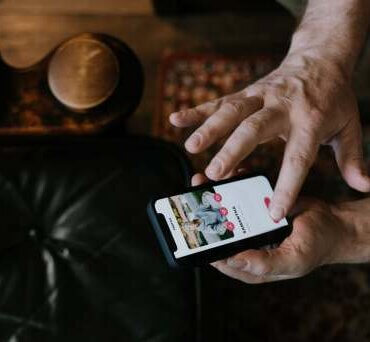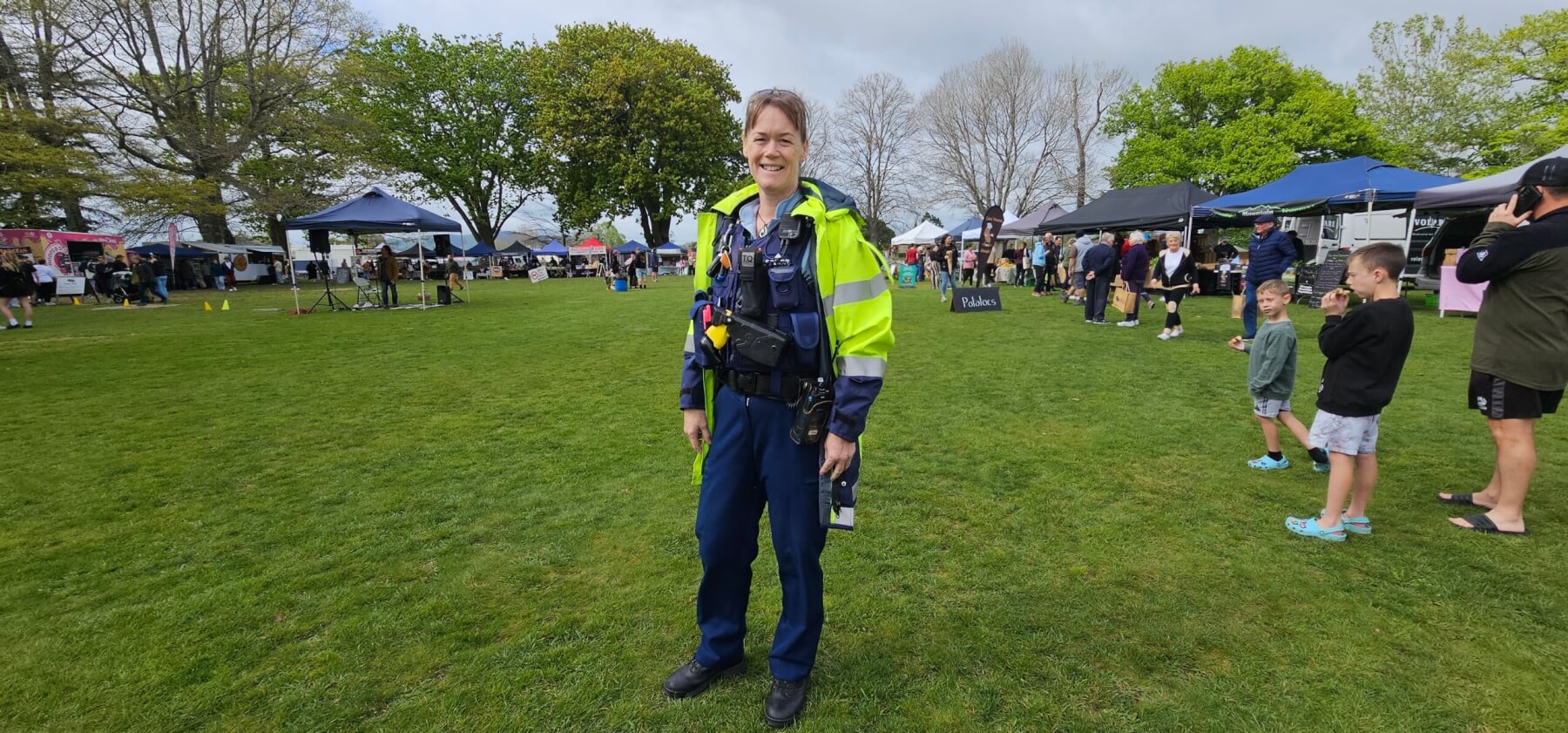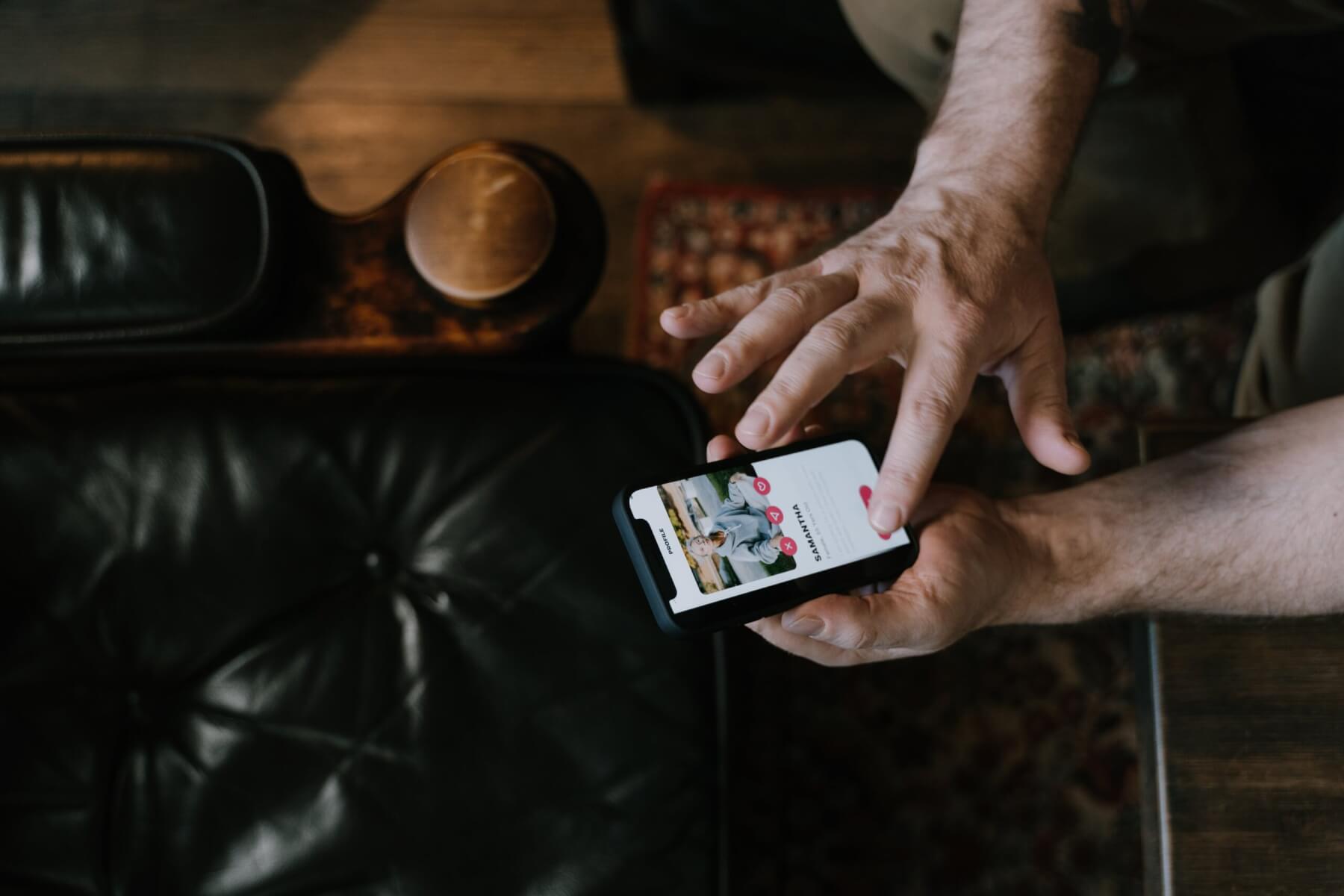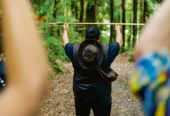
Online dating warning
First of all this week, I would like to mention neighbourliness.
In my role I sometimes get asked to assist with neighbourhood disputes.
In many cases, disagreements stem from neighbour one becoming irritated at something neighbour two has done – sometimes even when it is on neighbour two’s own property.
Everyone is entitled to peaceful enjoyment of their own property.
No one likes to be told what to do within their own property either. I encourage some give and take and consideration in these situations.
Open and civil communication is key. Do not take matters into your own hands, especially when it involves going onto your neighbour’s property for any reason without permission.
Secondly, I want to talk about online safety with regards to dating.
Back in the day, we used to meet new people when out with friends in bars or clubs and we would meet them in person. With the world of online dating, it is a lot easier for people to mask their true selves, portray a particular persona and in some cases, we really have no idea with whom we are actually dealing.
If you are using online dating, there are some basic precautions you should be taking to make the experience as safe as possible.
If you are messaging with someone on a dating app and plan to meet up, confirm your match’s phone number and have a phone conversation or video chat with them first. This at least indicates you are talking to a real person and someone who looks like the photos you have seen.
When chatting to them, get both their first and last names, work details and some basic personal information.
Engage in some healthy social media and google searches and try to confirm what you have been told.
You are looking to see who the person really is, versus what they have told you.
Sometimes a simple google search can bring up news articles relating to individuals, their name and picture on their work website or other useful information. This can help you form your opinion of whether to go ahead with talking and meeting them.
When planning a meeting, choose a busy public place such as a café or restaurant.
Do not tell the person your home address nor allow them to come to your house – they are after all a complete stranger.
Tell a friend or family member where and when you are meeting the date, the date’s full name and what you know about them, their phone number and send a screen shot of the dating app profile and pictures.
Arrange a welfare check in phone call or text at a specific time to confirm all is okay.
Also, when you meet the person, if something feels wrong or you don’t feel safe, leave. Safety always comes before politeness.
Have a good week.










